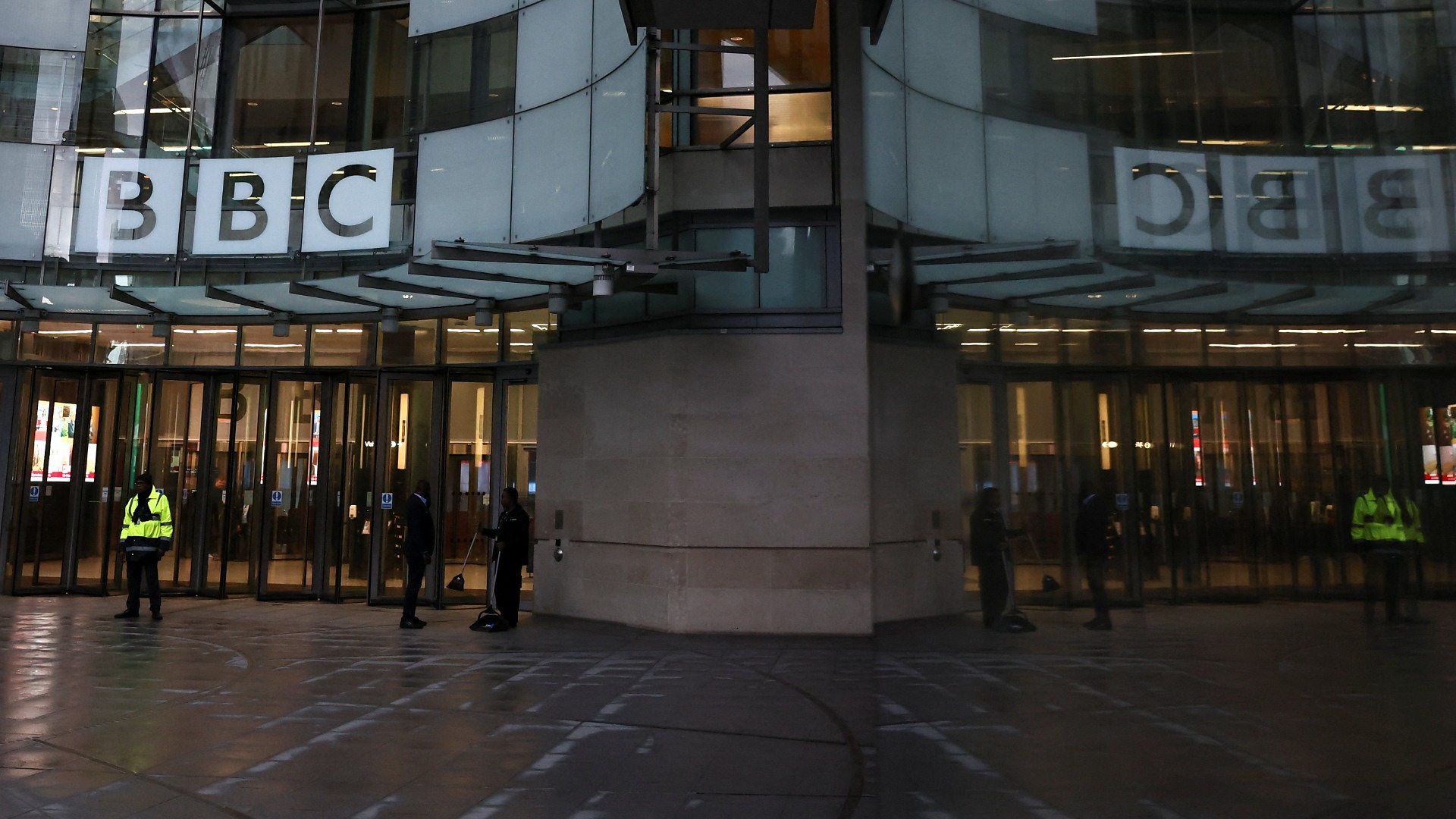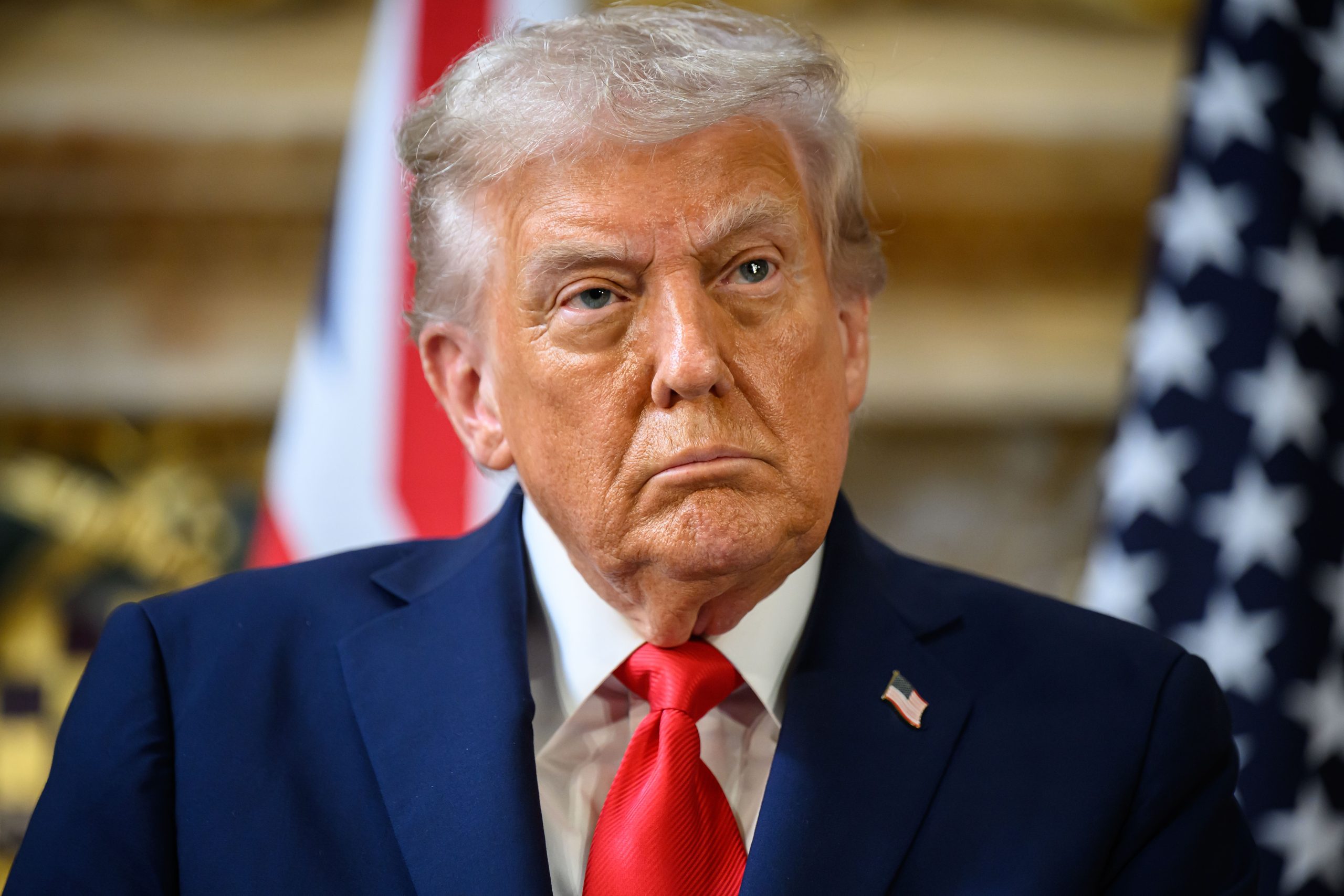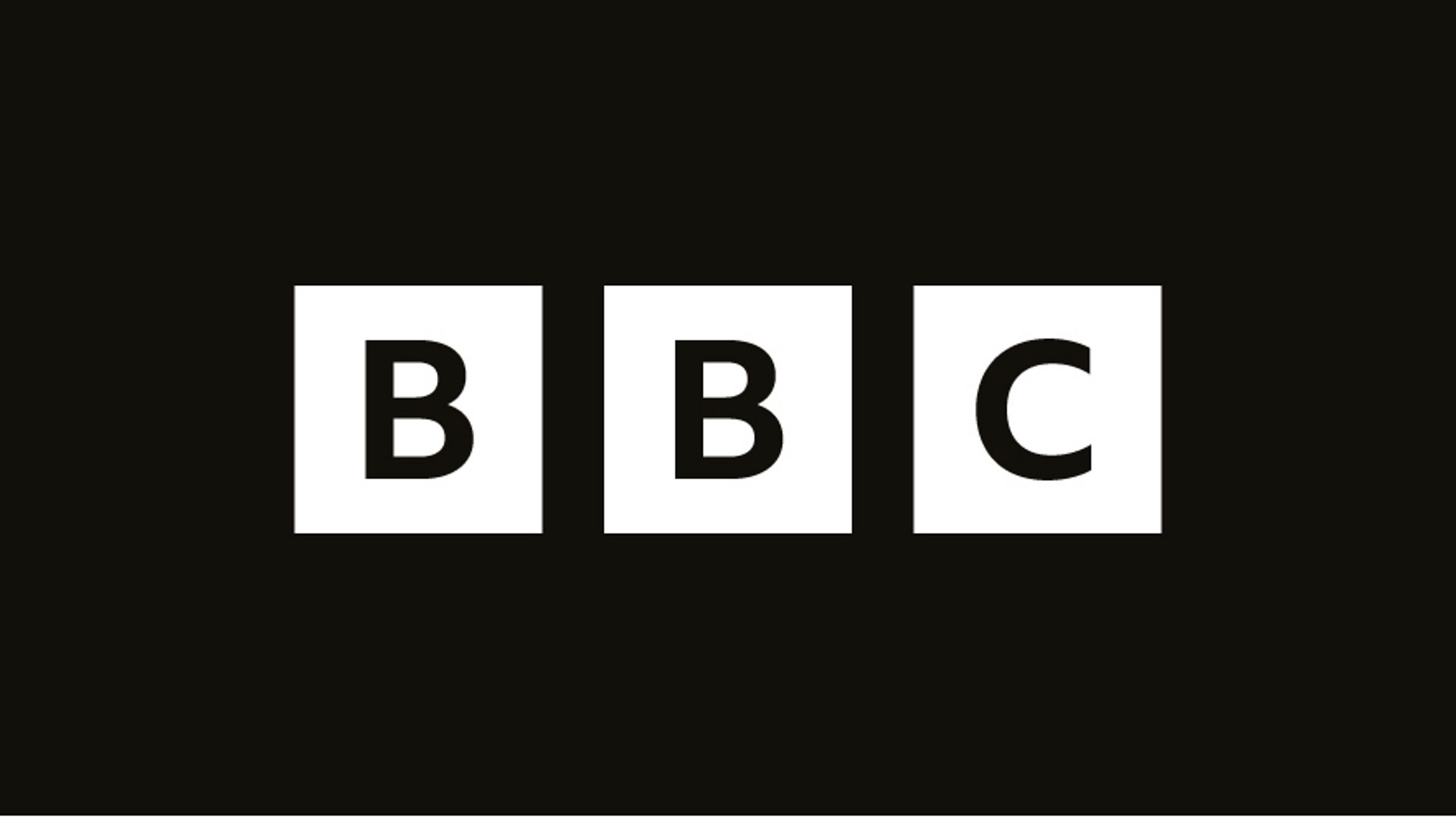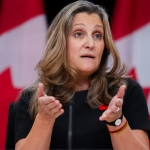The BBC confronts a fierce financial gale today. A fresh report from the Commons Public Accounts Committee, released just hours ago on November 21, 2025, reveals that over 3.6 million households dodged the £174.50 annual licence fee last year. This marks a sharp rise of 300,000 from 2024, plunging the broadcaster into a £1.1 billion revenue chasm. Licence fee evasion now stands at a staggering 12.5 percent, the highest in years.
This evasion wave exposes raw fractures in public faith, the BBC's grip on relevance amid streaming giants, and the creaking bones of its core funding pillar. Households that skipped payments alone siphoned £617 million, while another 2.9 million non-payers added £550 million to the bleed. Even with enforcement visits doubling to two million, prosecutions tumbled 17 percent year-over-year, extending a grim slide since 2017.
Sir Geoffrey Clifton-Brown, Conservative chair of the Public Accounts Committee, captured the urgency with a stark warning. He described how "the ground is shifting beneath the BBC’s feet," evoking a sense of precarious drift that leaves even loyal supporters feeling unmoored. His words underscore the heartache of a beloved institution teetering on outdated foundations.

The main entrance to the BBC’s London headquarters, now at the centre of mounting financial scrutiny.
Surge in Evasion: Roots of Public Pushback
Dissatisfaction brews deep among everyday viewers, fueling this record defiance. Bias storms, like the furor over edited clips of Donald Trump's speeches on Panorama and Newsnight, have left many feeling betrayed by perceived slants. Critics argue these missteps twisted facts, eroding the impartiality that once defined the BBC.
Streaming rivals compound the drift, luring audiences with on-demand ease and ad-free bliss. Younger households, bombarded by Netflix and TikTok, question why they should fund a system tied to old-school TV sets. According to analysis reviewed by Finance Monthly, this shift mirrors broader trends where 40 percent of under-35s now consume zero linear TV weekly.
The human toll hits hard. Families stretched by rising costs view the fee as another unwelcome levy, especially when free alternatives abound. Enforcement feels intrusive, with door-knock visits stirring resentment rather than resolve. Clifton-Brown noted this irony, lamenting how lax visible crackdowns might spark a fairness revolt among those who still pay dutifully.
The Crushing Financial Ripples Across BBC Operations
That £1.1 billion void strikes at the heart of the BBC's mission. The licence fee powers 65 percent of its £5.9 billion annual pot, fueling everything from gripping dramas to vital local bulletins. Last year alone, collection costs devoured £166 million, or 4.3 percent of total income, yet yields shrank as evasion swelled.
Budgets now face brutal squeezes. Local news teams, already lean, risk deeper cuts that silence community voices in rural corners. Digital pivots, meant to chase young eyes, stall without fresh cash infusions. Prosecutions' decline signals enforcement fatigue, with courts clogged and fines too puny to deter.
Worse, inefficiencies linger like stubborn shadows. Forty percent of payers cling to paper licences, bloating admin overheads. The BBC lags on digital uptake targets, forfeiting chances to streamline collections via apps and auto-debits. This inertia not only hemorrhages funds but sows doubt about the corporation's agility in a fast-evolving media arena.
Unlocking BBC's Goldmine: Intellectual Property as a Lifeline
Amid this storm, one business avenue gleams with untapped promise: intellectual property, or IP, the creative assets like hit shows and characters that the BBC owns outright. In plain terms, IP covers the rights to beloved content, from Doctor Who episodes to Bluey cartoons, which can spawn global licensing deals, merchandise empires, and spin-off streams long after broadcast.
This isn't abstract strategy, it's a proven revenue engine. BBC Studios, the commercial arm, raked in £2.1 billion last year, with profits topping £200 million, much from IP sales abroad. Yet the PAC report flags opacity here, with murky reporting on these streams leaving potential millions on the table. Imagine Bluey, the Aussie import turned BBC smash, expanding into toys and apps, generating £100 million-plus annually for similar networks, per industry benchmarks.
The insight cuts deeper for consumers: stronger IP focus could ease pressure on your licence fee. By chasing 31 percent more income from fresh IP, as the BBC aims for 2025, it might offset evasion losses without hiking rates. This shift demands bold bets on original tales that hook global fans, blending public service with savvy commerce. It's a heartfelt pivot, preserving the BBC's soul while adapting to a world where stories travel faster than signals.

Donald Trump speaks out about his dispute with the BBC, vowing to take legal action over the network’s alleged bias and misleading edits.
Controversy, Fragmentation, and the Fight for Tomorrow
Trust's erosion accelerates the bleed, with bias rows and resignations painting the BBC as fallible. The Trump editing flap, risking up to $5 billion in suits though settled without payout, lingers as a scar. Only 51 percent of youth say BBC fare mirrors their lives, while elders fret over digital leaps that sideline them.
Fragmentation bites hardest. Streaming siphons ad dollars and eyes, shrinking the fee base as habits splinter. Without reform, billions more vanish, gutting services that knit the nation.
The horizon demands daring. The BBC eyes hybrid funding, blending fees with targeted ads and philanthropy. Digitizing collections, transparent IP tracking, and bias-proofing news could rebuild bonds. Failure risks collapse, but success safeguards a media mainstay for generations.
In this £1.1 billion reckoning, the BBC battles not just ledgers but legacy. Evasion signals a cry for evolution, urging the broadcaster to reclaim hearts through innovation and candor. As viewers, our choices shape its fate, reminding us that public media thrives on shared investment, not grudging tribute.
What Viewers Are Wondering About the BBC Shake-Up
How Exactly Does the TV Licence Fee Work in 2025?
The TV licence fee requires UK households to pay £174.50 yearly for live TV or BBC iPlayer access, funding impartial news, education, and entertainment without ads. Exemptions cover over-75s on Pension Credit and blind individuals, easing burdens for vulnerable groups. Enforcement relies on self-declaration and spot-checks, but rising evasion prompts calls for fairer, tech-savvy verification to protect payers while adapting to streaming norms. This system, rooted in 1946, now grapples with digital realities, balancing universality against modern opt-outs.
Could the BBC Ditch the Licence Fee for Something New?
Yes, whispers of reform grow louder, with proposals for a household levy, subscription tiers, or light-touch ads on non-news content. The government reviews post-2027 options, eyeing hybrids that blend public funds with commercial zing. Such shifts could stabilize revenues amid evasion, but they risk diluting the ad-free ethos cherished by fans. For consumers, this means potential savings or choices, yet safeguards ensure rural and low-income access stays robust, preventing a two-tier media landscape.
Will My BBC Services Get Cut If Evasion Keeps Rising?
Cuts loom if the £1.1 billion gap widens, targeting local radio, niche online hubs, and youth programming first. History shows resilience, like post-2010 austerity trims that spared core output, but prolonged shortfalls could axe 10-15 percent of slots. Viewers might see fewer regional stories or delayed digital upgrades, hitting community ties hardest. The BBC vows to shield essentials, urging fee tweaks and IP boosts to avert pain, keeping beloved shows alive for families nationwide.














